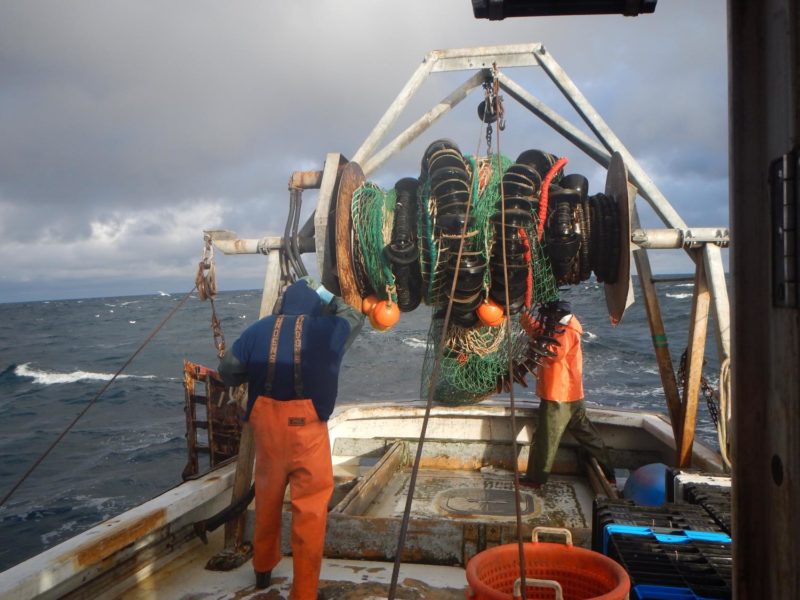It used to be that the turning the clocks ahead for daylight saving time was a rite of spring at the cost of an hour’s sleep in return for sunny evenings in the warm outdoors of summer.
It is now viewed by “chronobiologists,” among others, as a detriment to productivity, a trigger for car accidents, a source of mood swings, and a health hazard.
This despite an average loss of sleep the night we turn the clocks ahead that has been quantified by some “experts” at around 40 minutes.
“It’s not one hour twice a year,” Dr. Beth Ann Malow of Vanderbilt University Medical Center in Nashville, Tenn., lamented in Men’s Health. “It’s a misalignment of our biologic clocks for eight months of the year.”
I don’t know Dr. Malow, but I’m guessing she’s well rested, unlike the tens of millions of Americans who tell time with misaligned biologic clocks as they go about making a living. In the fishing industry, for example, sleep disruption comes with the territory.
Fishermen work to the rhythms of the sun, regardless of what the clock says. Certainly, that is the case here in New England. When I was dayboat dragging, we left the harbor a couple of hours before daylight so that we could have the gear on the bottom when the sun came up and the fish settled down. Nights were often short, so deckhands would steer and skippers would nap as we steamed out. Deckhands would get a turn in the rack after the gear was set.
Sleep disruption is worse offshore, where boats tend to fish around the clock. In my day we tried to make longer tows at night. Four hours’ sleep seemed luxurious to us. Of course, if we hung up or ran into any other snafus everyone had to turn out. And heaven forbid if we rim-racked the net in the middle of the night. We would mend until the net was fit to go back into the water, and then the skipper would want breakfast.
Yellowtail fishing on Georges Bank we got huge bags that had to be sorted, so we hauled back every hour. At night we lengthened out the sets to 90 minutes and tried to clear the deck as quickly as we could. We’d get an hour’s sleep if we were lucky. Eventually we came up with a rotation intended to allow each of us to skip coming on deck one set a night. Voila! We started getting sets of cod every night. All hands on deck!
Herring seiners in the Gulf of Maine fish at night, unload in the morning, and get ready to go again in the afternoon. Often crew members will light someplace, in their oilskins, lean back and grab a few minutes’ shuteye between sets.
It’s not just fishermen who live with sleep deprivation and disruption. Consider the tens of millions among us who work the night shift in factories, hospitals, 24-hour gas stations, restaurants, convenience stores and so on. To say nothing of first responders — the cops, firefighters and others who rotate shifts every few weeks.
Nonetheless, if you think Dr. Malow is barking at the moon, think again. The Internet is overflowing with lamentations over changing the clocks, as well “tips on coping with daylight saving time.” These include such inspirations as: Go to bed at your normal time, get up at your normal time, and get sunlight in the morning.
And of course, avoid alcohol.
Bzzzzzzt!







